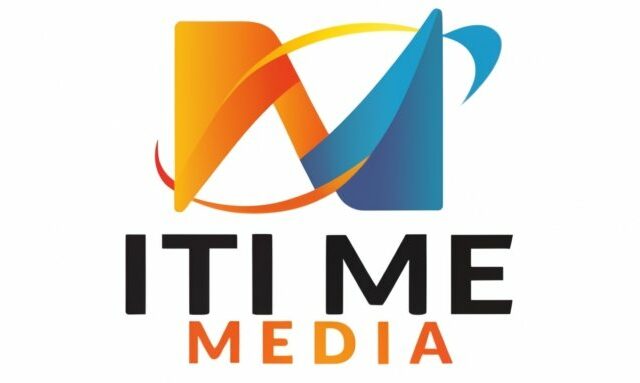Introduction
Alternative medicine, also known as complementary or integrative medicine, has been gaining traction as a valuable approach to health and well-being. While conventional medicine remains the primary mode of healthcare, alternative medicine offers a unique perspective on healing, focusing on holistic and natural methods to promote balance and well-being. From ancient healing traditions to modern therapies, alternative medicine encompasses a wide range of practices that empower individuals to take an active role in their health journey. In this article, we explore the world of alternative medicine, its core principles, popular modalities, and the role it plays in enhancing overall health.
The Essence of Alternative Medicine
Alternative medicine represents a diverse range of healing practices that exist outside the conventional medical system. It emphasizes the integration of the mind, body, and spirit in pursuit of overall health and wellness. One of the fundamental principles of alternative medicine is the belief in the body’s innate ability to heal itself when provided with the right conditions and support. Rather than merely treating symptoms, alternative medicine focuses on identifying and addressing the root causes of health issues to promote long-lasting well-being.
Core Principles of Holistic Healing
- Holistic Approach: Alternative medicine takes a holistic approach to health, considering the interconnectedness of physical, emotional, mental, and spiritual aspects. It views the individual as a whole, with each facet influencing the other.
- Individualized Care: Personalized treatment plans are central to alternative medicine. Practitioners consider the unique needs, preferences, and circumstances of each individual when designing therapeutic interventions.
- Natural Remedies: Alternative medicine often employs natural remedies, such as herbal supplements, essential oils, and nutritional therapies, to support the body’s healing processes.
- Prevention and Wellness: Emphasizing preventive care, alternative medicine encourages healthy lifestyle choices and practices to maintain well-being and prevent illness.
Popular Modalities in Alternative Medicine
- Herbal Medicine: Herbal remedies have been used for centuries in various cultures to address a wide range of health conditions. Herbal medicine involves using plant-based substances to promote healing and restore balance in the body.
- Acupuncture: A key component of Traditional Chinese Medicine (TCM), acupuncture involves inserting thin needles at specific points on the body to stimulate energy flow (qi) and promote healing.
- Meditation and Mindfulness: Meditation practices and mindfulness techniques are used to reduce stress, promote relaxation, and improve mental well-being.
- Chiropractic Care: Chiropractic care focuses on the musculoskeletal system, particularly the spine, to address various health issues and improve overall health.
- Yoga: Yoga combines physical postures, breathwork, and meditation to enhance flexibility, strength, and mental clarity.
- Homeopathy: Homeopathy is based on the principle of “like cures like,” using highly diluted substances to stimulate the body’s healing response.
The Role of Alternative Medicine in Modern Healthcare
While alternative medicine is not intended to replace conventional medical care, it can play a valuable role in modern healthcare. Many individuals seek complementary therapies to enhance their overall well-being, manage chronic conditions, and reduce reliance on pharmaceutical interventions. Additionally, the integration of alternative medicine into conventional healthcare settings, known as integrative medicine, allows patients to benefit from a more comprehensive and holistic approach to health.
Conclusion
Alternative medicine offers a profound journey into holistic healing, empowering individuals to take charge of their health and well-being. By embracing the principles of personalized care, natural remedies, and a holistic perspective, alternative medicine complements conventional medical practices, enriching the overall healthcare landscape. While scientific research continues to explore the efficacy of various alternative therapies, their growing popularity reflects a shift towards a more integrative and patient-centered approach to health. For those seeking to explore a diverse range of healing practices and connect with their body’s natural healing abilities, alternative medicine offers a pathway to enhanced vitality, balance, and well-being.


